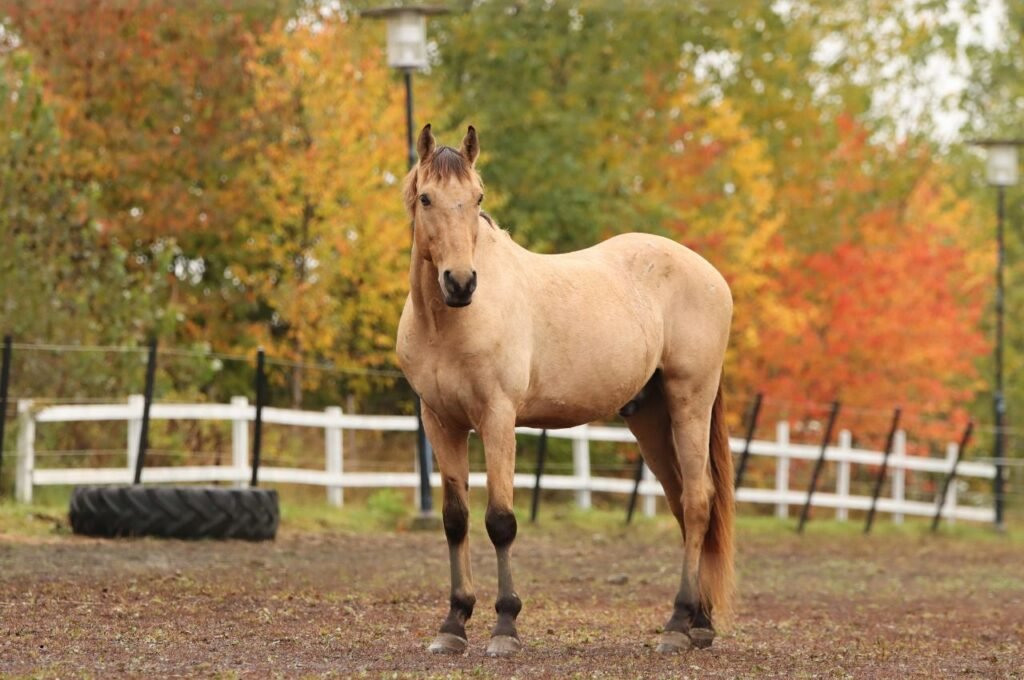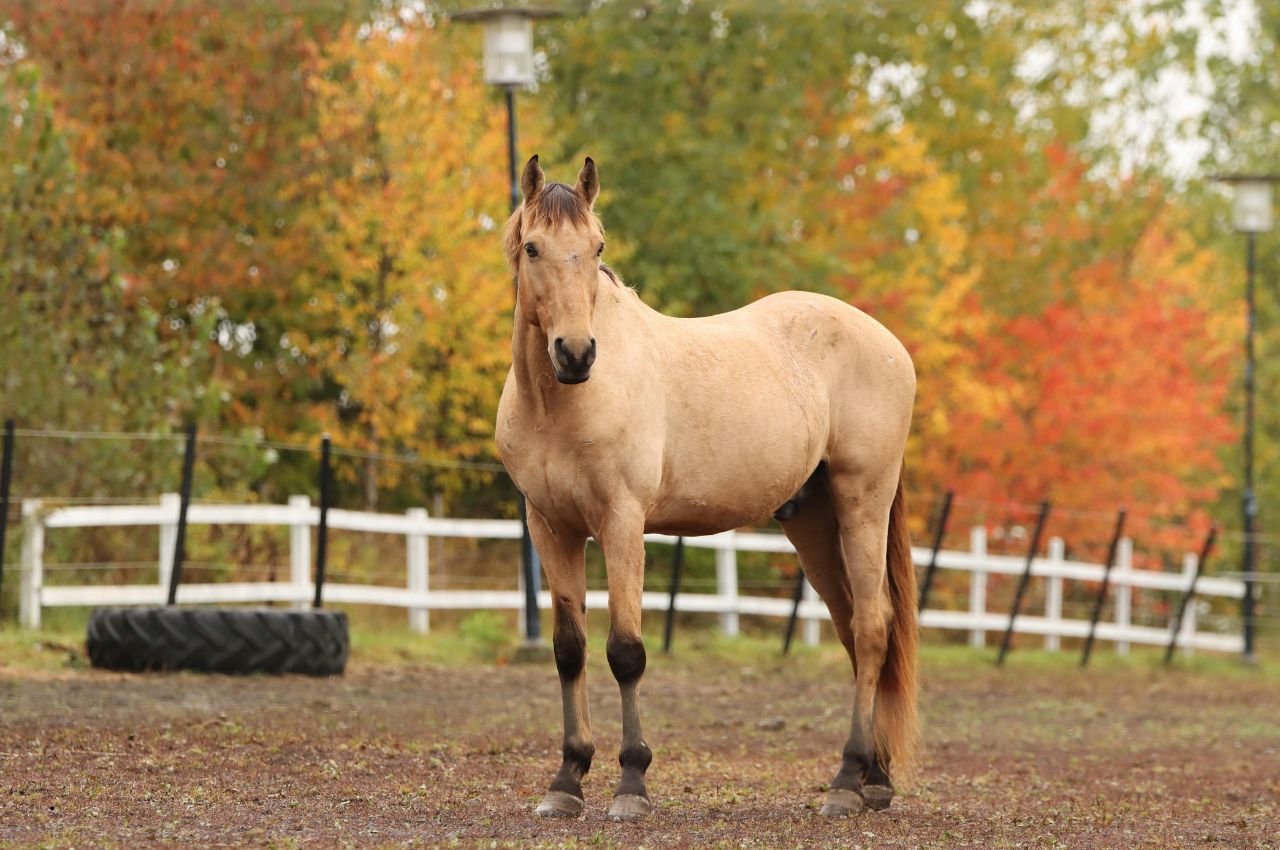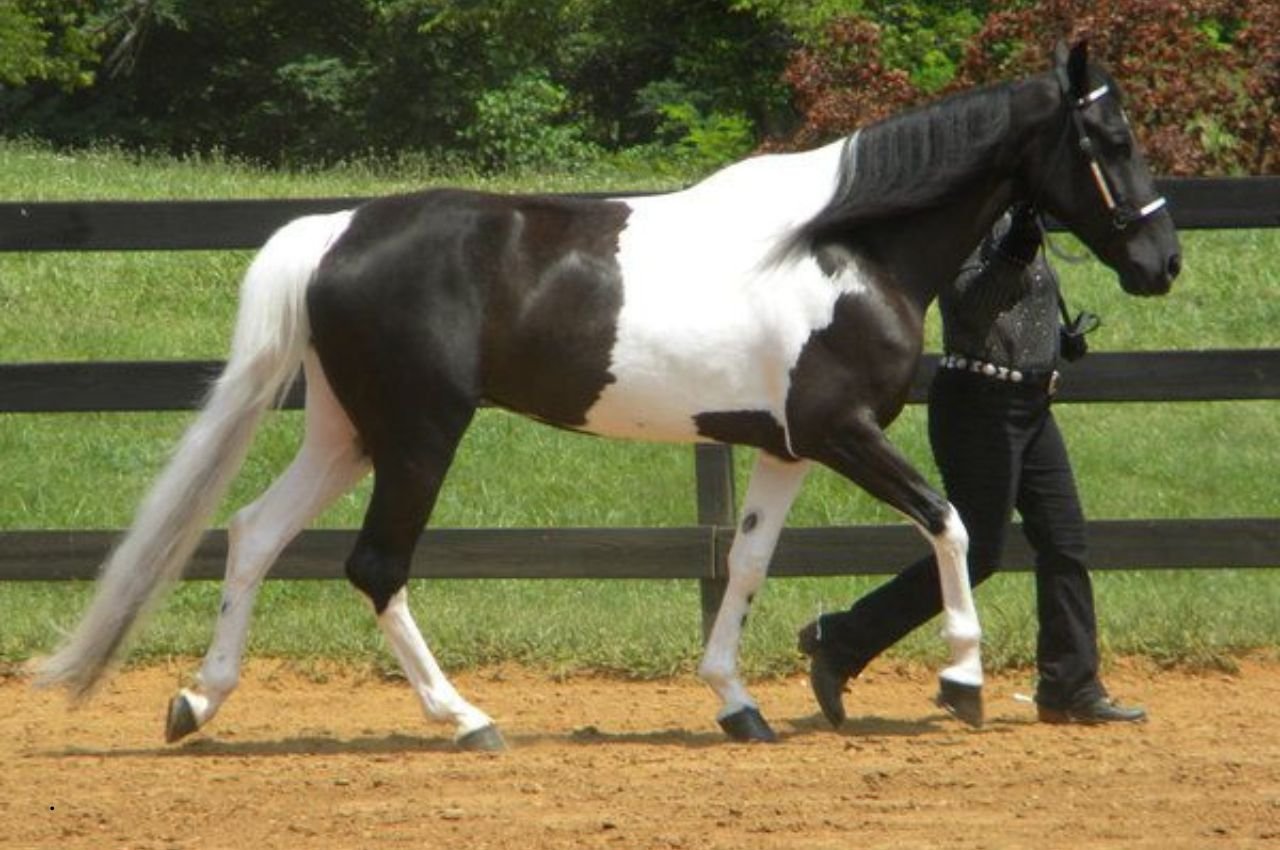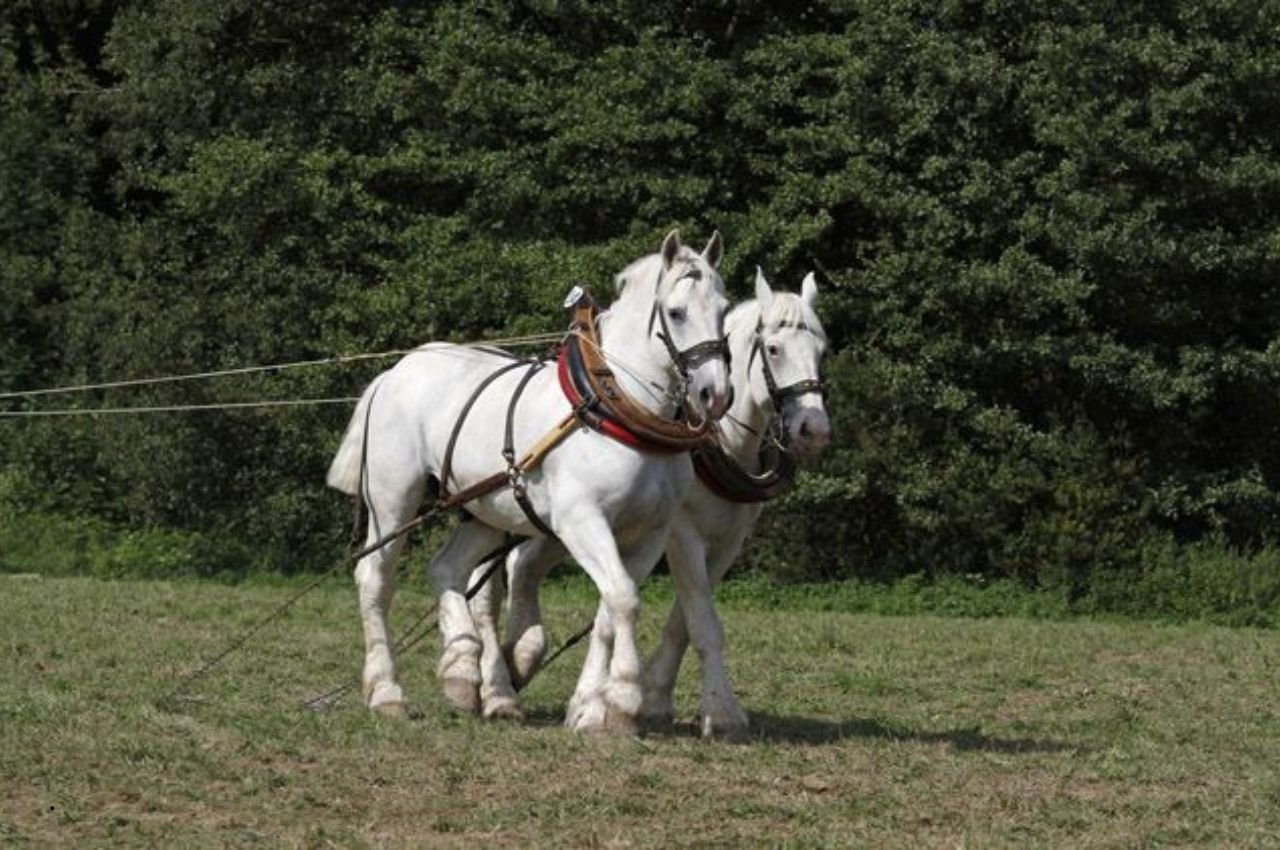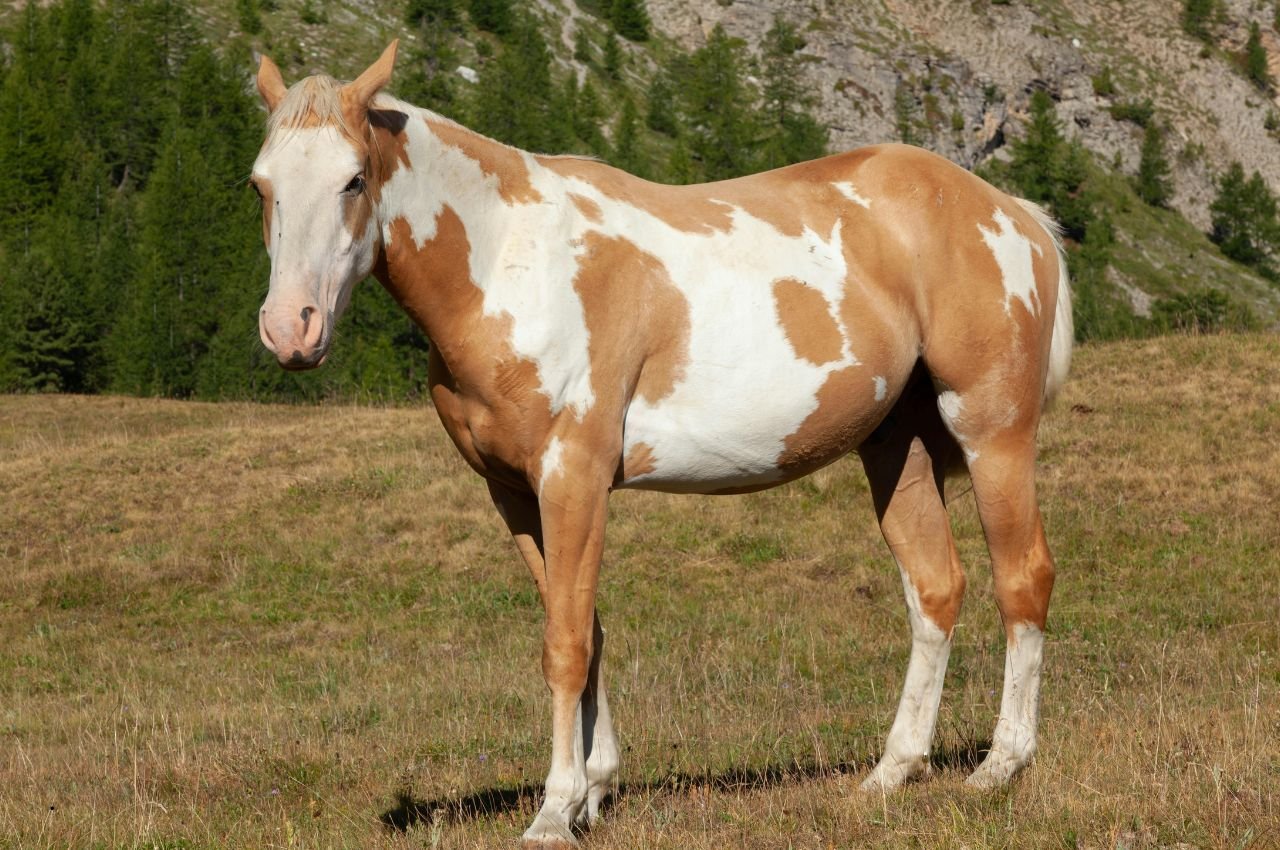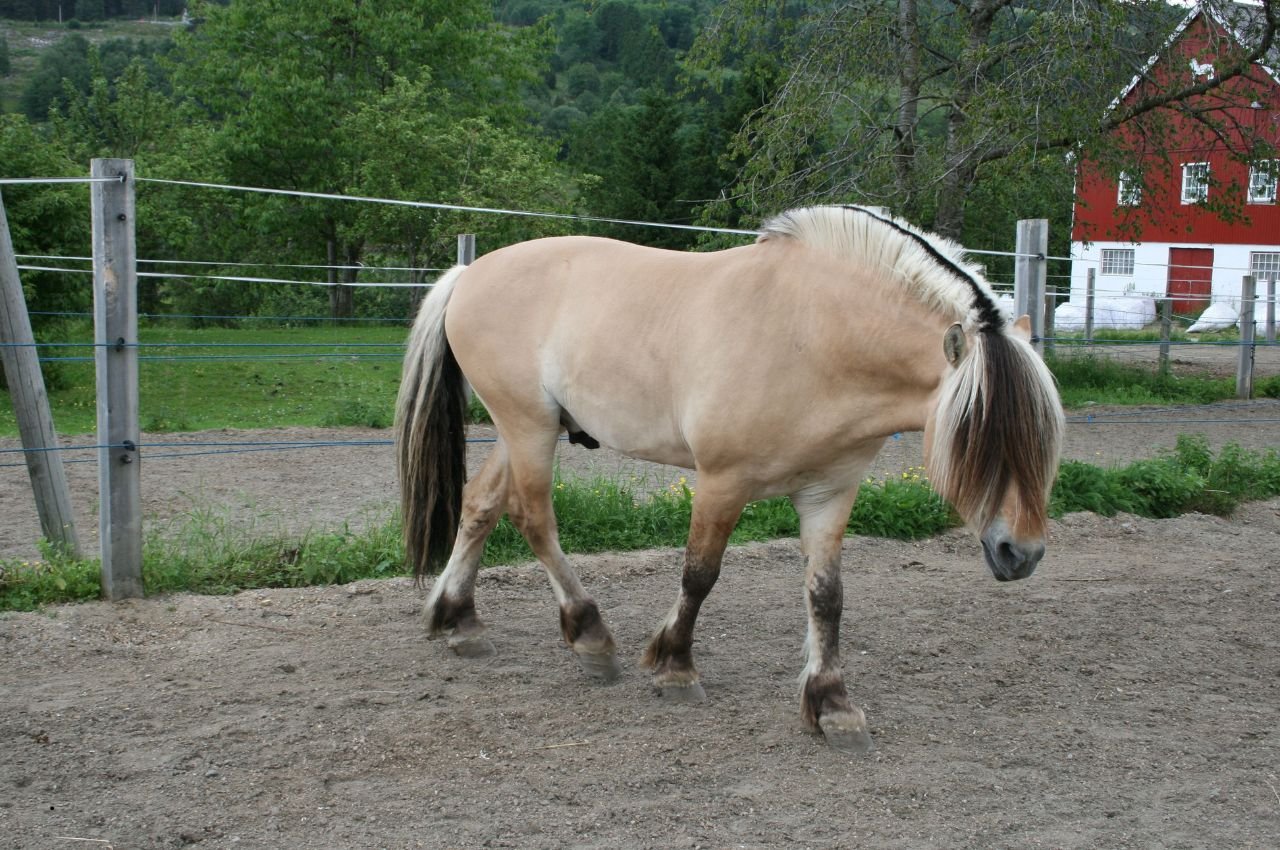Introduction Arabian Horse Care
Arabian horses are among the oldest and most cherished horse breeds in the world. Known for their elegance, endurance, and intelligence, these majestic animals require a unique approach to care. Whether you’re a first-time owner or a seasoned equestrian, understanding the essentials of their health, diet, and training is key to maintaining their well-being and longevity. This comprehensive guide will walk you through every aspect of Arabian horse care—from feeding and grooming to training and emotional health—ensuring your horse thrives under your care.
Understanding the Arabian Horse Breed
Arabian horses have a history that dates back over 4,500 years, originating from the Arabian Peninsula. Bred by nomadic Bedouins, these horses were valued for their stamina, loyalty, and beauty. They possess distinctive physical traits such as a dished face, large expressive eyes, and a high-carried tail, making them instantly recognizable. Beyond their beauty, Arabian horses are known for their intelligence and affectionate nature, often forming deep bonds with their owners. Their spirited temperament requires an experienced hand—someone who can balance patience with gentle discipline.
Arabians are naturally athletic, with a compact frame and dense bone structure that gives them endurance and agility. They excel in various equestrian disciplines, from endurance racing to dressage, making them versatile companions. Because of their sensitivity, however, they respond best to kind, consistent handling. Harsh training methods or neglect can quickly lead to anxiety or mistrust. Thus, understanding their personality and needs is the first step in mastering Arabian horse care.
Housing and Stable Management
A comfortable, safe, and clean environment is essential for an Arabian horse’s health. The stable should be spacious enough for the horse to move freely—ideally around 12×12 feet per stall. Proper ventilation is crucial to avoid respiratory problems, as Arabian horses can be particularly sensitive to dust and ammonia fumes. Natural light is beneficial for their well-being, so ensure there are windows or openings for daylight to enter.
The flooring should be non-slip, durable, and easy to clean. Rubber mats over compacted earth or concrete are ideal, as they provide both comfort and hygiene. Bedding materials like straw, wood shavings, or sawdust should be changed regularly to prevent bacterial buildup and hoof infections. A clean, dry environment contributes significantly to the horse’s overall health and comfort.
Daily cleaning of the stable, removing manure, and replacing soiled bedding are vital. Proper waste management not only keeps the area clean but also reduces the risk of parasites and odor. Keep feed and water containers clean and inspect them daily. Remember—a well-maintained stable is not just about aesthetics; it’s about creating a stress-free and safe space for your Arabian horse to rest and recover after training or activity.
Daily Grooming Routine
Grooming isn’t just about making your Arabian horse look good—it’s about promoting health and building trust. Regular grooming improves circulation, removes dirt and dead hair, and helps you detect early signs of skin conditions or injuries. The grooming process should start with gathering the right tools: curry comb, dandy brush, soft brush, hoof pick, mane comb, and clean towels.
Begin grooming by using the curry comb in circular motions to loosen dirt and debris from the coat. Follow up with the dandy brush to flick away the loosened dirt, then use the soft brush to smooth and polish the coat. Pay extra attention to sensitive areas such as the face and underbelly. Clean the mane and tail using a wide-tooth comb, starting from the ends to avoid breakage.
Daily grooming sessions should also include checking the hooves. Use a hoof pick to remove stones, mud, or debris, and look for cracks or signs of thrush. Finish the routine with a damp cloth to clean the eyes, nostrils, and dock area. Grooming time is also bonding time—talk to your horse, observe its body language, and let it feel comfortable in your presence. Over time, these sessions build mutual trust, making your Arabian horse more cooperative and relaxed.
Nutritional Needs of Arabian Horses
Arabian horses have a naturally efficient metabolism, meaning they often require slightly less feed than larger breeds but need high-quality nutrition. The foundation of their diet should always be good-quality forage such as hay or pasture grass. Forage provides the necessary fiber to maintain healthy digestion and prevent colic or ulcers—a common issue in horses that don’t receive enough roughage. The general rule of thumb is to provide 1.5–2% of their body weight in hay or pasture daily. For a 1,000-pound Arabian, that’s around 15–20 pounds of forage each day.
In addition to forage, Arabian horses may benefit from concentrated feeds like grains or pellets, especially if they are in active training. However, these should be fed carefully, as too much grain can lead to digestive disturbances or even laminitis. Always balance the diet with the horse’s activity level—working horses need more calories, while those at rest require lighter feeding.
Vitamins and minerals are essential for maintaining strong bones, healthy muscles, and a shiny coat. Calcium, phosphorus, and magnesium are particularly vital for bone strength. Vitamin E and selenium support muscle recovery and immune health. You can provide these through specialized horse supplements, but it’s important to consult a veterinarian or equine nutritionist to determine precise requirements.
Lastly, be mindful of feeding schedules. Arabian horses thrive on consistency. Feed them at the same times each day to maintain stable digestion and prevent stress. Dividing meals into smaller portions throughout the day also mimics their natural grazing behavior, which helps keep their gut functioning smoothly.
Creating a Balanced Diet Plan
A balanced diet is the cornerstone of every healthy Arabian horse. Start by assessing the horse’s age, weight, and workload. Young, growing horses need more protein and minerals for development, while mature horses benefit from a diet rich in fiber and moderate energy content.
A sample daily feeding schedule could look like this:
| Time | Feed Type | Amount | Notes |
|---|---|---|---|
| 6:00 AM | Hay | 6 lbs | Provide clean, dry hay |
| 9:00 AM | Grain/Pellets | 2 lbs | Adjust based on activity level |
| 12:00 PM | Fresh Grass or Pasture | — | Allow 1–2 hours of grazing |
| 3:00 PM | Hay | 5 lbs | Second forage serving |
| 6:00 PM | Grain/Pellets | 2 lbs | Optional for active horses |
| 8:00 PM | Hay | 4 lbs | Final meal before rest |
For performance horses, adding fats like vegetable oil or flaxseed can boost calorie intake without overloading the digestive system. Salt blocks or loose salt should always be available to maintain sodium balance. Avoid overfeeding treats or sugary feeds, as these can lead to weight gain or metabolic disorders.
Supplements are beneficial but should never replace a balanced diet. Omega-3 fatty acids, probiotics, and joint-support blends are commonly used for Arabians engaged in endurance or show work. Regularly monitor your horse’s body condition score (BCS) and adjust feed quantities accordingly. An ideal Arabian should appear lean, with defined muscles but no visible ribs or excessive fat.
Hydration and Electrolyte Management
Water is the most critical nutrient for any horse. An Arabian horse should have access to fresh, clean water at all times. On average, they drink between 5 to 10 gallons per day, but this can increase significantly during hot weather or intense training. Always check water troughs for cleanliness—dirty or algae-filled water can cause your horse to avoid drinking and risk dehydration.
Signs of dehydration include dry gums, sunken eyes, lethargy, and prolonged skin tenting (when the skin doesn’t snap back quickly after being pinched). If you notice these signs, encourage your horse to drink and provide electrolyte supplements. Electrolytes help replace the sodium, potassium, and chloride lost through sweat during exercise or high temperatures.
A simple way to monitor hydration is to check the horse’s manure; dry or hard droppings may indicate dehydration. In winter, horses might drink less due to cold water temperatures, so using heated buckets or warm water can encourage regular drinking.
Electrolyte powders can be mixed into feed or water, but always ensure your horse is still willing to drink afterward. Some Arabians are picky about flavored water, so introduce new supplements gradually. Proper hydration keeps the circulatory and digestive systems functioning smoothly and helps regulate body temperature—an absolute must for the Arabian’s active lifestyle.
Exercise and Fitness Training
Arabian horses are built for endurance. Their light frames, efficient respiratory systems, and strong cardiovascular health make them natural athletes. However, even though they possess innate stamina, structured training is essential to develop muscle tone, flexibility, and balance.
Before beginning any training routine, always warm up your horse for at least 10–15 minutes. Walking and light trotting help loosen the muscles and prepare joints for more intense work. Skipping this step can lead to stiffness or injury.
An effective weekly training plan may include:
- Monday: Flatwork and trotting exercises
- Tuesday: Hill work or trail riding for endurance
- Wednesday: Rest or light walk session
- Thursday: Canter training or pole work
- Friday: Conditioning with long, steady trots
- Saturday: Endurance or agility training
- Sunday: Rest day
Cool-down sessions are equally vital. Allow your horse to walk until its breathing and pulse return to normal. Never put your horse away sweaty, as this can cause chills or muscle cramps.
Arabians thrive on variety, so mix up their routines. Incorporate natural obstacles, arena exercises, and even swimming sessions where available. Keep training sessions short (30–45 minutes) to maintain focus and enthusiasm. Always watch for signs of fatigue—Arabians are spirited and may push themselves beyond their limits if not monitored carefully.
Training Young Arabian Horses
Training a young Arabian horse care is a delicate process that requires patience, consistency, and understanding. Arabians are intelligent and quick learners, but they can also be sensitive and easily overwhelmed. It’s important to begin with groundwork and trust-building exercises before moving into riding or advanced training.
Start handling foals early—get them used to being touched, groomed, and led. This early exposure creates confidence and makes future training much easier. When your Arabian reaches about two years old, you can begin light groundwork such as leading, yielding to pressure, and standing quietly for grooming or vet checks. These simple exercises teach respect and responsiveness without overexerting the young horse.
When the horse is around three years old, you can introduce a saddle and bridle. Take things slowly—Arabians often mature mentally before they do physically, so never rush the process. Begin with short sessions in a calm environment, and reward good behavior with gentle praise or treats. Avoid punishment; Arabians are incredibly perceptive and may become anxious if they associate training with fear.
Building trust is key. Spend time outside of training just being near your horse—talk to them, brush them, and let them explore your presence. When they trust you, they’ll follow commands with eagerness rather than resistance. Remember, training an Arabian isn’t about dominance—it’s about partnership. A well-trained Arabian horse is not only obedient but also confident and connected with its owner.
Advanced Training Techniques
Once your Arabian horse masters basic commands and groundwork, you can move on to more advanced techniques. Arabians excel in various disciplines such as dressage, endurance riding, show jumping, and even Western pleasure. However, each training path should align with your horse’s natural abilities and temperament.
For endurance training, gradually increase the length and intensity of rides. Arabians are natural endurance champions, but conditioning must be done carefully to avoid overexertion. Incorporate hill work and interval training to build stamina and strengthen muscles. Ensure the horse’s diet supports these demands by adding high-energy feeds and electrolyte supplements.
In dressage, focus on precision, flexibility, and communication. Arabians are expressive movers with natural elegance, but they require patient repetition to perfect balance and rhythm. Use gentle rein and leg aids to guide them, never forceful actions. Their intelligence makes them excellent dressage horses once they understand what’s being asked.
For show training or competition, consistency is the secret weapon. Keep sessions short but focused, and always end on a positive note. A horse that finishes training happy is more likely to perform with enthusiasm the next time. Regular rest days are also important to allow muscles to recover and prevent mental burnout.
Health and Veterinary Care
A healthy Arabian horse is an active, alert, and happy one. Regular veterinary checkups are essential for maintaining overall wellness. Ideally, schedule a full health examination twice a year, even if your horse appears perfectly fine. Preventive care is far better (and cheaper) than treating illness later on.
Your vet will typically check heart rate, respiratory health, teeth, hooves, and overall body condition. Keep a vaccination schedule up to date—core vaccines usually include those for tetanus, influenza, and equine herpesvirus. Depending on your region, your vet may also recommend additional vaccines for West Nile virus or strangles.
Deworming should be done every 8–12 weeks, or as advised by your veterinarian. Parasite management is crucial because worms can cause colic, weight loss, and dull coats. In addition, monitor your horse’s temperature, appetite, and behavior daily; subtle changes can often be early warning signs of illness.
Common health problems in Arabian horses include respiratory issues, gastric ulcers, and joint strain due to their active lifestyles. Regular turnout, a fiber-rich diet, and proper rest can help prevent these issues. Keep first-aid essentials on hand, such as antiseptic solution, bandages, and a thermometer, so you’re prepared for minor injuries or emergencies.
Hoof Care and Maintenance
The old saying “no hoof, no horse” couldn’t be more accurate. Healthy hooves are the foundation of your Arabian’s overall well-being. Regular trimming every 6–8 weeks is necessary to prevent overgrowth, cracks, or imbalances. Whether your horse is barefoot or shod, a skilled farrier should inspect the hooves regularly.
Arabians often have tough, well-shaped hooves, but neglect can still lead to problems like thrush, abscesses, or laminitis. Check the hooves daily, especially after rides. Use a hoof pick to remove dirt, stones, and manure, and inspect for any foul smells or discharge. If your horse is working on hard or rocky terrain, consider shoeing to provide additional protection.
Hoof health also depends on diet. Adequate biotin, zinc, and amino acids promote strong, resilient hooves. Ensure your horse’s living area is dry and clean, as constant exposure to moisture weakens the hoof wall. If you notice cracks or flaking, consult your farrier—minor problems can quickly escalate if ignored.
A well-maintained hoof allows your Arabian to move gracefully and comfortably. Combine regular trimming, good nutrition, and proper footing to ensure your horse remains sound and happy.
Dental Care for Arabian Horses
Dental health is often overlooked but is absolutely vital. Horses’ teeth grow continuously throughout their lives, and uneven wear can cause sharp edges or hooks that lead to pain and difficulty chewing. For Arabians, dental checkups should be done at least once a year by an equine dentist or veterinarian.
Common signs of dental issues include dropping food, bad breath, weight loss, or head tossing during riding. If you notice any of these symptoms, schedule a dental exam immediately. Floating (filing down sharp points) helps maintain even wear and prevents discomfort.
Proper dental care not only aids digestion but also enhances performance. A horse in dental pain will struggle to accept the bit and may resist training cues. Young horses, in particular, need extra monitoring as their teeth are still adjusting during early development.
You can also support dental health through nutrition—feeding softer hay for older horses or soaking pellets if necessary helps reduce strain on their teeth. Consistent care ensures your Arabian remains healthy, happy, and ready for action.
Mental Health and Emotional Well-Being
Just like humans, Arabian horses have emotional needs that significantly affect their overall health and behavior. Known for their sensitivity and intelligence, Arabians form deep emotional bonds with their handlers. They crave interaction, understanding, and consistency. Neglecting their mental well-being can lead to anxiety, nervousness, or destructive behaviors such as cribbing or weaving.
To nurture a balanced and happy Arabian, focus on creating a positive environment. Spend time with your horse outside of training—brushing, talking softly, or simply standing nearby. Horses are herd animals by nature; they thrive on companionship. If possible, allow your Arabian to socialize with other horses in the pasture. Isolation can quickly lead to depression and stress, especially for such emotionally aware breeds.
Mental stimulation is equally important. Provide toys, slow feeders, or obstacle exercises to engage your horse’s curiosity. Changing up the training environment or introducing new challenges keeps their mind sharp and prevents boredom. Remember, an engaged horse is a content horse.
Always maintain calm, confident energy around your Arabian. They’re incredibly intuitive and can sense tension or frustration in their handler. Positive reinforcement works best with this breed—reward good behavior immediately, and avoid harsh corrections. Over time, you’ll notice your horse becoming more trusting and responsive.
Lastly, ensure they have enough downtime. Overtraining or excessive confinement can lead to burnout and irritability. A relaxed, mentally balanced Arabian performs better, learns faster, and lives a longer, happier life.
Seasonal Care Tips
Arabian horses, despite their desert origins, can adapt to different climates if properly cared for. However, their care routine should be adjusted seasonally to maintain optimal health.
During Summer:
Arabians tolerate heat well, but hydration becomes critical. Always provide shaded areas, cool water, and electrolyte supplements. Avoid riding during peak heat hours, and schedule training early in the morning or late in the evening. After exercise, cool your horse gradually with water baths and ensure they dry completely to prevent chills. Fly sprays, masks, and sheets can also help protect against insect irritation.
During Winter:
Although Arabians have thinner coats, they can handle cold weather with adequate shelter and nutrition. Provide windproof stables or blankets when temperatures drop. Increase hay intake slightly—digesting fiber helps keep them warm naturally. Make sure water sources don’t freeze, as horses tend to drink less when the water is too cold. Regular grooming in winter removes dirt and dead hair, keeping their coat healthy and insulating.
Spring and Fall:
These transitional seasons often trigger coat shedding and dietary changes. Gradually introduce horses to lush spring pasture to prevent digestive upsets like colic or laminitis. Fall is also a good time to check deworming schedules, update vaccinations, and prepare for upcoming weather shifts.
Every season brings unique challenges, but with proper planning, your Arabian will stay healthy, strong, and comfortable year-round.
Common Mistakes in Arabian Horse Care
Even the most experienced owners can make mistakes when caring for Arabian horses. Recognizing these errors early can prevent long-term health or behavioral issues.
1. Overfeeding Grain:
Arabians don’t require as much concentrated feed as larger breeds. Too much grain can lead to obesity or metabolic disorders. Always balance feed with exercise and rely primarily on high-quality forage.
2. Neglecting Mental Stimulation:
Arabians are thinkers. Leaving them idle or alone for long periods can cause boredom and anxiety. Regular interaction, turnout, and engaging activities keep their minds active.
3. Rushing Training:
Due to their intelligence, many owners assume Arabians can handle intense training quickly. However, pushing them too fast often leads to resistance or fear. Consistency and patience yield better results than pressure.
4. Ignoring Hoof and Dental Care:
Skipping farrier visits or dental exams might save money short-term but can lead to costly health problems later. Preventive care is always the smarter investment.
5. Poor Hydration Management:
Arabians in training or hot climates lose electrolytes rapidly. Always monitor water intake and provide electrolyte supplements as needed.
Avoiding these common mistakes can mean the difference between a struggling horse and a thriving one. Every Arabian deserves attentive, informed care that supports both body and mind.
Conclusion
Caring for an Arabian horse is a rewarding journey filled with beauty, trust, and companionship. Their grace, stamina, and loyalty make them one of the most remarkable breeds in the world—but they also demand thoughtful, informed care. From nutrition and hydration to grooming, training, and emotional well-being, every aspect of their routine plays a crucial role in their health and happiness.
Remember, the key to a thriving Arabian horse is balance—balanced diet, balanced exercise, and balanced emotions. Treat them with respect, patience, and love, and they will return that affection tenfold. Whether you’re a first-time owner or an experienced equestrian, understanding the unique needs of your Arabian will deepen your bond and ensure a lifetime of mutual trust and joy.
FAQs
1. How often should I groom my Arabian horse?
Daily grooming is ideal for Arabians. It not only keeps their coat healthy but also strengthens the bond between horse and owner.
2. What’s the best type of feed for Arabian horses?
High-quality forage like hay or pasture should form the foundation of their diet, supplemented with grains or pellets as needed based on activity levels.
3. How can I tell if my Arabian horse is dehydrated?
Check for dry gums, sunken eyes, or slow skin recovery after pinching. Always ensure clean, cool water is available.
4. When should I start training a young Arabian horse?
Groundwork can start at around two years old, with light riding introduced at three. Always prioritize gentle, patient training methods.
5. How often should I schedule veterinary checkups?
A general health exam should be done twice a year, with additional visits for vaccinations, dental care, or any signs of illness.

